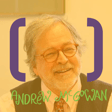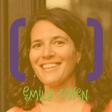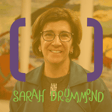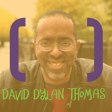
Rev. Chaz Howard Ph.D.: Come to the Table. Again and Again.
What does it take to hold competing ideas together in tension? What does it feel like to survive a doxxing? Why is representation STILL an issue, even in 2023?
The Rev. Dr. Chaz Howard is the University Chaplain and the inaugural Vice President for Social Equity and Community at the University of Pennsylvania, where he serves as one of only three vice-president-level executives of color.
Content Warning: redlining and gentrification, poverty, Christian supremacy, indirect discussion of white supremacy and police violence.
Chaz talks about growing up in Baltimore, the land history of present-day West Philly, moving beyond fear, acting from love, and the still uncertain fate of the Black Bottom Community — a historic community of descendants of freed slaves currently being displaced from their homes by gentrification.
Buy Chaz’s most recent book, The Bottom: A Theopoetic of the Streets: https://amzn.to/43NKNpX
Follow Chaz on IG: www.instagram.com/chaz.howard
Check us out on Instagram and TikTok: www.instagram.com/uncommongoodpod
Subscribe to our YouTube Channel: youtube.com/@uncommongoodpod
we chat to ordinary people doing uncommon good in service of our common humanity.
We are creating community that builds relationships across difference by inviting dialogue about the squishy and vulnerable bits of life.
thanks for joining us on the journey of (un)common good!
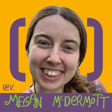



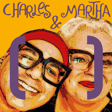
![BONUS: [moim] Gathering, David Rubenstein Atrium at Lincoln Center image](https://media.zencastr.com/cdn-cgi/image/width=112,quality=85/image-files/62b64321a33e0c0035b4bc2e/a5bd46bd-6072-4365-94bb-c1391a3e5105.jpeg)







